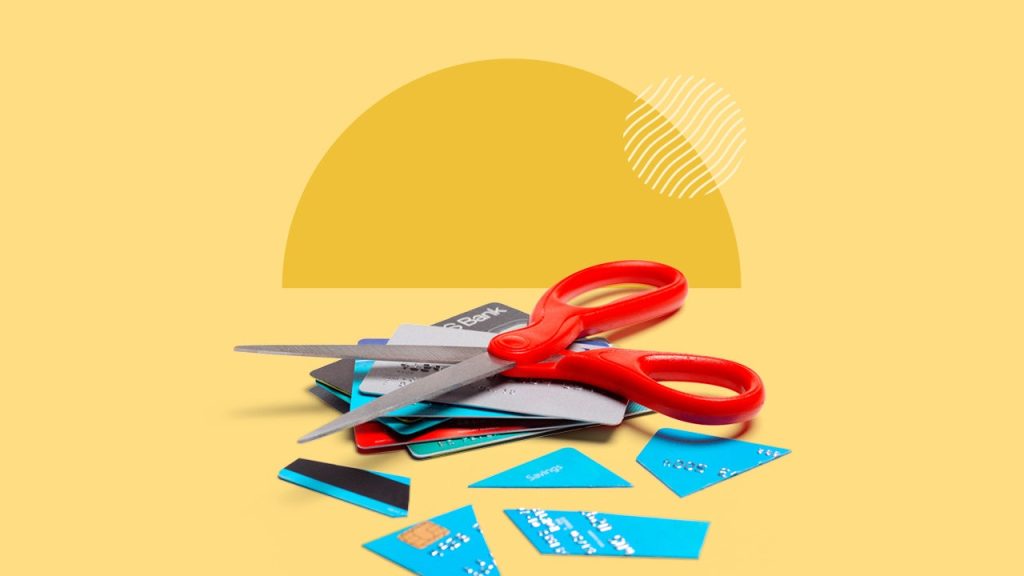Peter Dazeley/Getty Images: Illustration by Issiah Davis/Bankrate
Key takeaways
- Debt relief can take three forms: debt settlement, consolidation and management.
- Working with a debt management company can result in less debt or a faster payoff — but there are often hefty fees, often up to 25 percent of the debt enrolled, attached to the services.
- Working with a debt relief company often results in credit damage.
- Not every debt relief company is legit, so be prepared to research any company you consider.
If you’re struggling to pay off your debt and at risk of defaulting, a debt relief company may be able to provide assistance. Debt relief can come in a few forms, including self-driven ones, but a debt relief company can help you tackle the process. However, you’ll pay a fee for their services.
What are debt relief companies?
Debt relief companies are for-profit institutions that help you manage and pay down your debts. Depending on the company and what services are offered, they may work with creditors to help you get out of debt for less than what you originally owed.
Most debt relief companies charge a hefty percentage of your discharged debt as a fee for their services. Each company offers different services. Some of the most common debt relief options include debt consolidation, debt settlement, credit counseling and debt management.
How do debt relief companies work?
Debt relief companies exist to help consumers lower their debt or better manage their repayments — for a fee.
Most relief companies require an initial consultation to determine eligibility and to decide which method is best for you. However, it’s important to walk into the process prepared by knowing all your options.
Often companies ask you to stop paying your debts to give them leverage to negotiate with your creditors and get parts of your debts settled. Then, they help you build a plan to repay your remaining balance.
It is illegal to charge an upfront fee for debt settlement services. These fees should only be charged once your debts have been settled or resolved.
More than that, if any business guarantees it can settle your debt, take your business elsewhere. This is a sign that the organization may be a debt relief scam.
Or, you may instead opt to get a debt relief company’s advice on how to manage your debts to avoid missing payments and pay them off faster. However, we recommend seeking a non-profit credit counselor for that kind of service. They typically charge lower rates and will not try to sell you additional services.
What to look for in a debt relief company
Certification, fees and repayment time are the three main factors to prioritize when comparing debt relief companies.
- Certification: Any debt relief company should be backed by the National Foundation for Credit Counseling and the Financial Counseling Association of America. If the company lacks these certifications, you’ll want to take your business elsewhere.
- Fees charged: Most debt relief companies will charge a fee between 15 percent and 25 percent of the total debt enrolled for settlement. Companies may also charge fees for opening and managing the savings account required to make payments.
- Repayment timeline: It typically takes between two to four years to complete a debt settlement program. However, this is based on the total amount of debt and creditors you have. Check the website to make sure the predicted timeline matches your needs.
The bottom line
Debt relief may be a good option for those facing potential default or bankruptcy. Just make sure you vet the company carefully to weed out the red flags, like upfront fees or settlement guarantees.
And remember that some debt relief company services come with inherent risks to your credit score. If you ask the company to negotiate debt settlement, you’ll take a credit score hit when you stop taking payments — whether or not the creditor agrees to work with the relief company.
Frequently asked questions
-
Yes. Debt relief companies charge fees in exchange for their services. The amount you’re charged depends on the company you work with and the relief method you choose. Keep in mind that legitimate companies should never ask you to pay fees upfront — if you’re asked to provide this, it’s likely a scam.
-
Working with a relief company will typically result in an immediate negative impact on your credit score. The degree to which your score drops depends on the relief method you choose and whether your creditors decide to report it.
-
In most situations, debt relief isn’t something that will be immediately good for your finances. For one, it’s often a costly undertaking due to the fees charged by the companies. It also has negative impacts on your credit score. Even as you rebuild your credit score, the forgiven debt will linger up to seven years on your report.But in some situations, it may be the only way to avoid bankruptcy. When considering whether to pursue debt settlement also look into credit counseling from a nonprofit agency.
-
Consumers who have a qualifying type and amount of delinquent debt generally can qualify for debt relief. However, each company has different approval and minimum debt criteria.
Read the full article here




